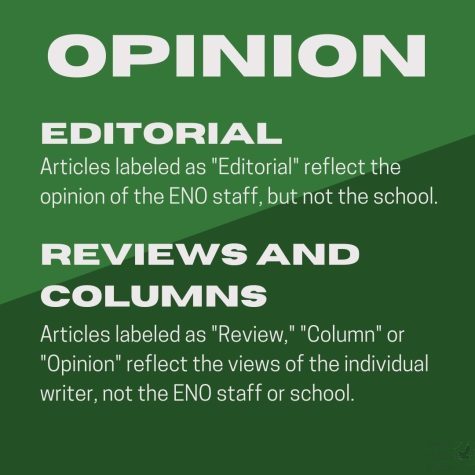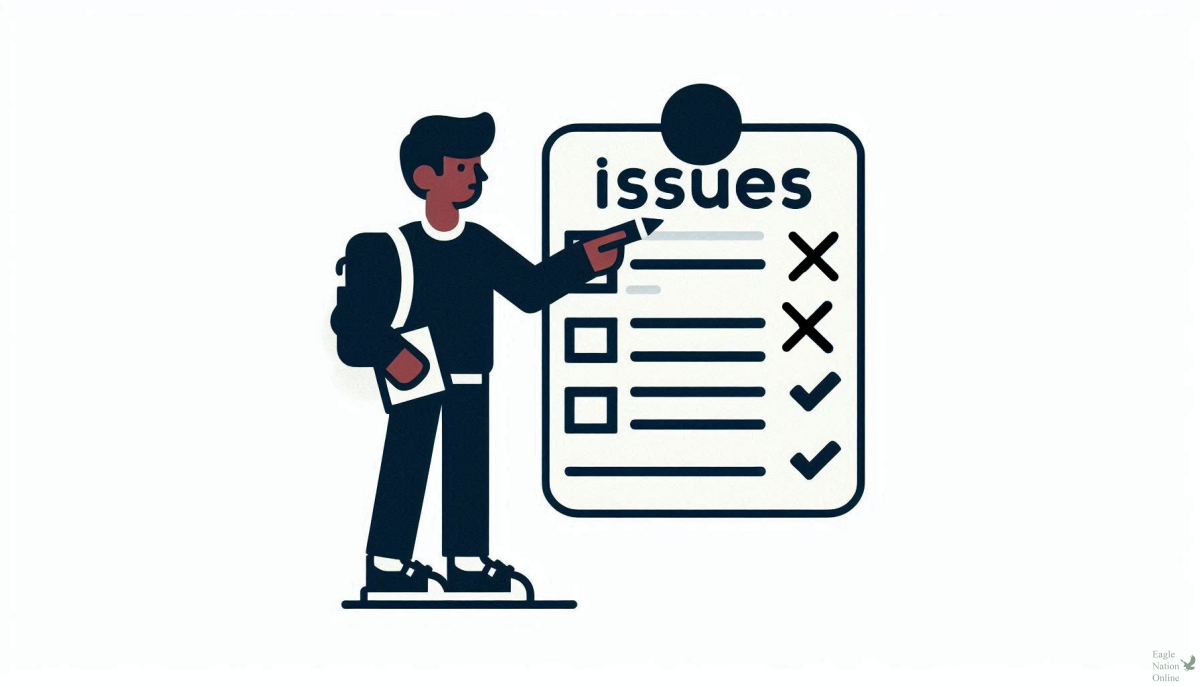With the United States 2024 presidential election underway, citizens are beginning to question which issues politicians should prioritize. Concerns range from educational inequality and high crime rates to the detrimental impacts of inflation. While reflecting on these concerns, I found myself wondering which ones politicians should address. Sitting at my desk, I delve into the extent of many of the issues prominent in the U.S. today, leading me to believe that we should shift our focus toward the ongoing issues of the climate crisis, high healthcare costs and lax gun control policies.
Climate Change
In the past four years, we have seen record-high temperatures. Human activity is at the root of it, producing greenhouse emissions at an all-time high, and there are no signs of slowing down. People may enjoy the extended warmth, but this is a serious issue for consideration. The current climate crisis will impact everyone’s food and water security. According to the United Nations Office for Disaster Risk Reduction, high temperatures are a direct cause of problems like soil degradation, which limits the amount of carbon the earth can contain, leading to the diminished capacity of the ecosystem to provide goods and services. Millions of people today have been impacted by areas affected by degradation, with 30 percent of food being lost or going to waste. Moreover, this crisis contributes to disasters linked to climate. Making them more frequent and intense as the earth continues to warm, with heatwaves, droughts, and hurricanes causing mass destruction around the world. But it is not too late to mitigate its impacts. However, this will require fundamental transformation in society. From how we grow food, and power our economy. Understanding this, we should urge our politicians to push preventative policies to mitigate the impacts of the climate crisis. To create a cleaner, and more reliant world.

Health Care
The U.S. healthcare system faces several challenges. From high costs, lack of access to poor outcomes. Despite the United States spending far more on healthcare than other high-income nations, the U.S. still falls behind on many health measures such as life expectancy, preventable hospital admission, suicide and maternal mortality. For all these expenses, the satisfaction level remains low with the current healthcare system. Moreover, these overwhelming healthcare costs mean if a person isn’t insured, they risk the possibility of bankruptcy whenever they develop an illness. While health insurance protects you from large sums of debt to doctors or hospitals, in order to obtain this service you need to make regular payments. According to the Kaiser Family Foundation, one in four people say that they have had problems paying for health care in the past 12 months. Meaning, that these health insurance programs aren’t that effective. Outside the U.S., European countries have implemented the Universal Health Care (UHC) system. Which refers to a healthcare system that ensures individuals have access to health services they need without falling into debt. As a result, European countries such as Sweden, Germany, and France, have seen improved health outcomes and an overall reduction in health disparities. We should look towards taking inspiration from European countries in their development of an UHC, by urging politicians to seek fundamental change in our current healthcare system.
Gun Control
In 2022, there were 45,222 gun deaths in the United States, a rate higher than that of any other industrialized country. Data from 1998 to 2019 reveals that the U.S. led all developed nations with 101 mass shootings, while the second-highest, France, reported 8 such incidents. This alarming trend prompted many doctors and public health officials in the U.S. to label the rise in firearm injuries and deaths as an epidemic. Most shootings in the U.S. do not make national headlines, as they are often homicides occurring outside of mass shootings. Current trends show that current gun control policies aren’t effective in managing these instances of misuse. This is rooted in blaring inconsistency in gun control legislation within the United States. As gun control laws vary significantly between states, with some states having stricter laws, and neighboring states counteracting their efforts through more lenient regulations. Such inconsistency also applies to the background checks required for gun purchases. Some states may not require the same scrutiny when it comes to gun purchases, leading to individuals who would otherwise be prohibited from owning firearms to obtain them. Therefore, to prevent the misuse of firearms, we should urge politicians to adopt a more national policy to ensure greater consistency between states. Altogether, reducing firearms deaths in the U.S. and creating a safer environment for the citizens.
With the ongoing 2024 presidential election, U.S. citizens begin to question which policies are most important to them. Whether, that be the climate crisis, health health care costs, or existing gun control policies. Each concern has comprehensive implications for the nation’s future. As citizens, it’s important for us to gauge the importance of these issues, and cater our votes to address such problems. But ultimately, this path will require collaboration, innovation, and a commitment to build a more resilient and equitable society.










![Freshman Polly Greaves created this updated version of the original graphic through Canva. Their next episode reviews a science fiction novel, 'Ender's Game.' "I feel like [Orson Scott Card] did a really good job incorporating feelings into his words and the plot," Greaves said, "which really made it a work of art because I believe that good books are books that can make you feel something."](https://eaglenationonline.com/wp-content/uploads/2025/02/EndersGame_Cover3.png)







